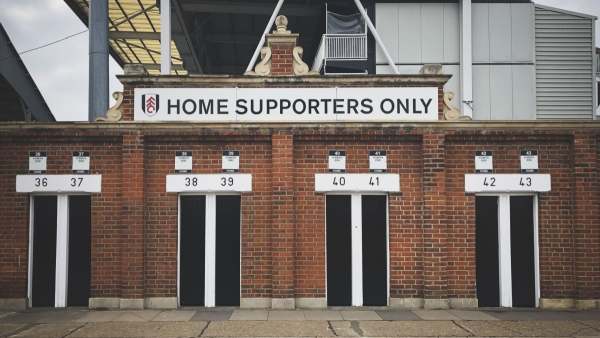
The UK government has revealed a plan to “tackle greedy ticket touts and give power back to fans” in response to increasing ticket prices fuelled by resale.
Ticket prices have been rising steadily over the years, making them increasingly unaffordable for the average sports or music fan. A key driver of this increase is ticket touts, who buy tickets during general sales to resell at much higher prices.
Analysis by the Competition and Market Authority (CMA) shows that typical mark-ups on secondary market tickets exceed 50%, with some resold for up to six times their original price, as uncovered by Trading Standards investigations.
Additionally, research from Virgin Media O2 reveals that ticket touts cost music fans an additional £145m annually. In 2019, the CMA estimated that £350m worth of tickets were sold through secondary platforms, with 1.9 million tickets accounting for 5-6% of primary ticket sales.
Culture Secretary Lisa Nandy, said: “The chance to see your favourite musicians or sports team live is something all of us enjoy and everyone deserves a fair shot at getting tickets – but for too long fans have had to endure the misery of touts hoovering up tickets for resale at vastly inflated prices.
“As part of our Plan for Change, we are taking action to strengthen consumer protections, stop fans getting ripped off and ensure money spent on tickets goes back into our incredible live events sector, instead of into the pockets of greedy touts”.
The government’s plan includes capping ticket resale prices, with proposals ranging from the original price to a 30% uplift, and limiting the number of tickets resellers can list based on their primary market purchases. It says that these steps aim to prevent large-scale touting and discourage inflated prices.
The plan also seeks to increase accountability for resale platforms, making them legally responsible for the accuracy of the information they provide to consumers. Additionally, the government plans to update legislation, introducing stronger fines and a new licensing regime for resale platforms, with a potential increase in fines for rule breaches.
While this strategy will likely benefit many entertainment sectors, particularly music, which appears to be the main focus, it does little to address ticket pricing in sports.
Last year, football fans from several Premier League clubs protested against rising ticket prices, with Crystal Palace being the only club to keep prices unchanged.
For example, Manchester United raised its minimum ticket prices to £66, with no concessions for children or pensioners, making the government’s efforts less impactful for general supporters.
There’s also a growing trend of clubs acting like touts themselves. When a season ticket holder returns their ticket, the club often resells it at a higher price, increasing profits without benefiting loyal season ticket holders.
This topic was recently discussed on The Overlap YouTube channel by supporters, former players Paul Scholes and Jamie Carragher, and financial expert Kieran Maguire.
Maguire pointed out that clubs are increasingly trying to reduce the number of season ticket holders, remove concessions for children, and make it harder for senior fans to attend.
He noted that one of the reasons behind this shift is the growing influence of American owners, with 14 US-based owners now involved in Premier League clubs following Everton‘s sale to the Friedkin Group.
This concentration of American ownership could influence future decisions on league format or financial regulation – another possible issue for the league.
Maguire also compared the situation to the NFL, where the average ticket price for a Steelers game is $601 – a figure some American owners struggle to understand in the context of the Premier League’s popularity.
Liverpool supporter Gareth Roberts, a member of the fan group Spirit of Shankly, highlighted the launch of the Football Supporters Association (FSA) campaign called ‘Stop Exploiting Loyalty.’
Roberts questioned why the league can’t come to a consensus on general admissions and instead focus on competing over every other revenue aspect, leaving ticket prices unchanged.
He stated: “It feels like at every turn now, our loyalty is being exploited.”